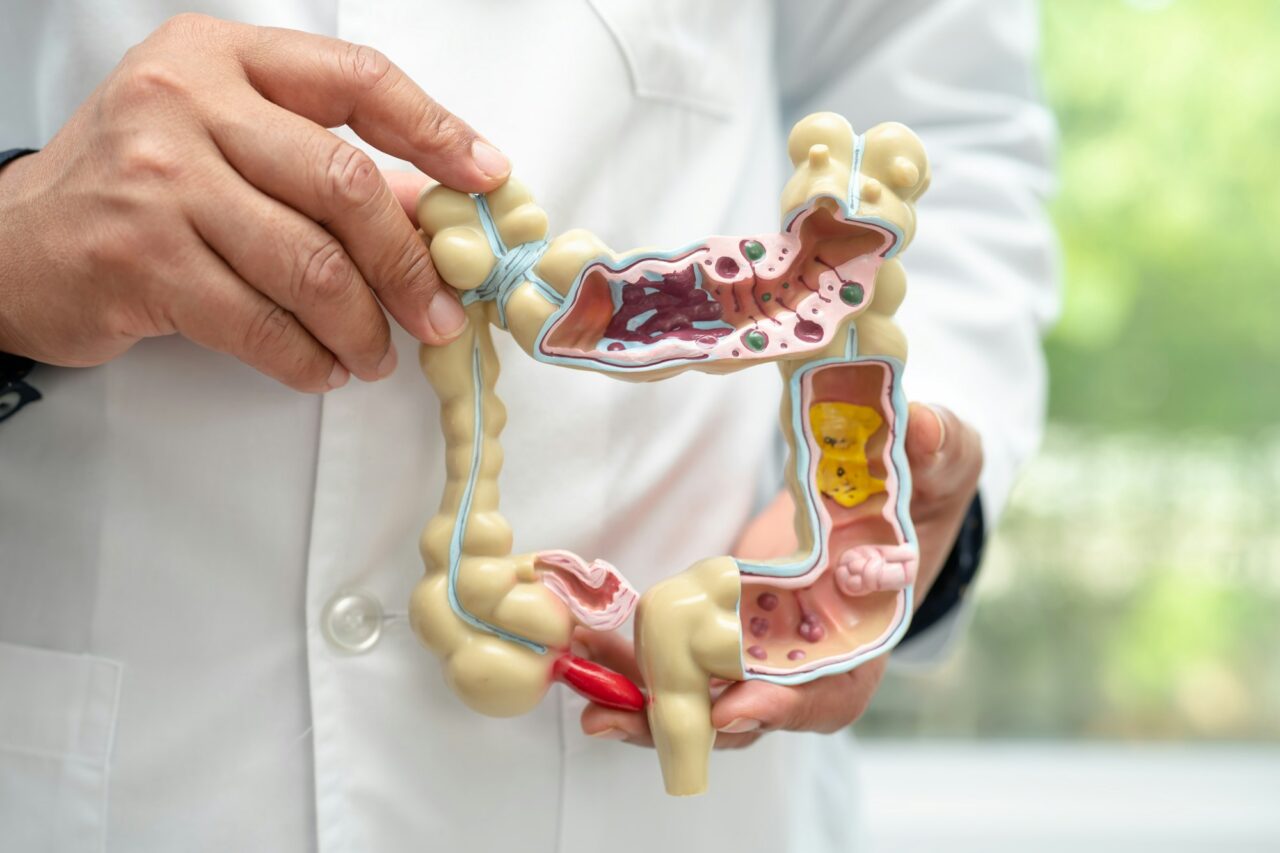Interleukin-17 (IL-17) signaling in the intestines maintains a healthy balance of gut microbes but also has been linked to several types of diseases, including cancer. However, IL-17 inhibition can interfere with the body’s ability to fight tumors, highlighting a need for further insights into this potential therapeutic target. In this study, researchers including Florencia McAllister, M.D., and Vidhi Chandra, Ph.D., found that deleting the IL-17 receptor specifically in the gut of lab models led to an imbalance of gut bacteria, or dysbiosis, which triggered an immune response and the growth of remote pancreatic and brain tumors. Adding antibiotics that eliminate the specific bacteria associated with pro-tumor behavior or deleting IL-17 receptors in all cancer cells reversed these effects. The results suggest that trials targeting IL-17 or other similar molecules should examine potential changes to the gut microbiome and consider using antibiotics or fecal microbial transplantation to maintain the microbial balance and improve treatment response.
Changes in gut microbiome may influence cancer growth in other parts of the body

Intestine, appendix and digestive system, doctor holding anatomy model for study diagnosis.

